The Portuguese colonial empire was a force to be reckoned with, stretching across continents and dominating lucrative trade routes. Its reach extended from the spice-rich East Indies to the mineral-rich lands of Brazil, fueling Portugal’s rise as a global power. Yet, this expansionist juggernaut couldn’t outrun the tides of change that would eventually erode its grandeur. What led to the empire’s ascent, and what factors contributed to its eventual downfall? Unraveling this complex tapestry of history reveals a captivating story that sheds light on the lasting imprint of Portuguese colonialism.
Quick Points
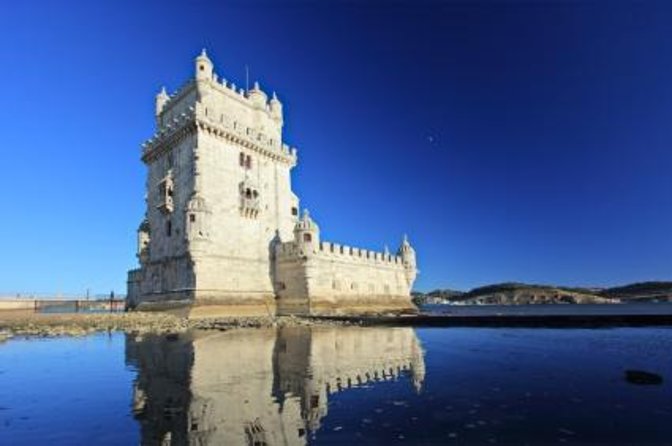
- The Portuguese colonial empire emerged in the 15th century, marked by the Age of Discovery and the hotel of trading posts and colonies in Africa, Asia, and the Americas.
- Aggressive exploration and trade expansion in West Africa and the Indian subcontinent enabled Portugal to become a global maritime power controlling key trade routes.
- The colonization of Brazil provided economic and geopolitical importance to the Portuguese empire, with the exploitation of natural resources and indigenous labor.
- The Portuguese colonial presence left lasting cultural influences in its territories, including language, cuisine, and religious syncretism.
- The decline of the Portuguese colonial empire was shaped by economic, political, and social factors, including the loss of Brazil and the rise of nationalist movements.
Rise of the Portuguese Empire
As the Age of Discovery dawned in the 15th century, Portugal’s strategic location on the Iberian Peninsula and its seafaring expertise paved the way for the rise of the Portuguese colonial empire.
Fueled by a thirst for trade and an ambitious spirit of exploration, Portuguese navigators ventured across the seas, establishing trading posts and colonies in Africa, Asia, and the Americas.
From the capture of Ceuta in 1415 to the hotel of Goa in India and the colonization of Brazil, Portugal rapidly expanded its global footprint, creating a vast network of commercial and political influence that would last for centuries.
You can also read our reviews of more tours and experiences in Lisbon.
Expansion Into Africa and Asia
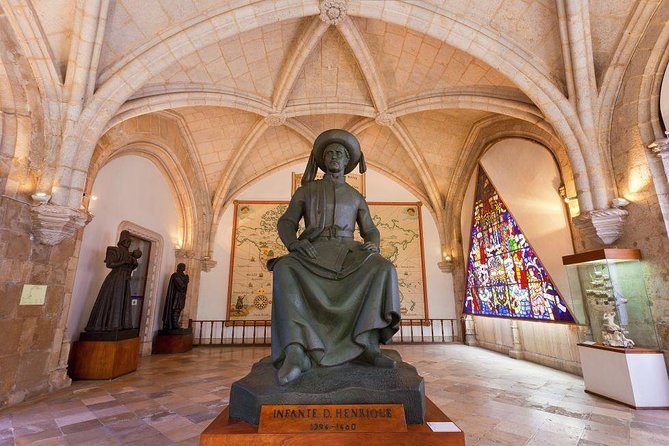
Portugal’s strategic location and seafaring expertise fueled its expansion into Africa and Asia during the Age of Discovery.
The Portuguese aggressively explored the West African coast, establishing trading posts and settlements. They reached the Indian subcontinent in 1498, establishing a colonial empire that spanned from Brazil to Macau.
The Portuguese dominated the lucrative spice trade, building a network of fortified factories along the African and Asian coasts.
By the 16th century, the Portuguese Empire had become a global maritime power, controlling key trade routes and resources.
This expansion, however, came at a heavy cost, with the subjugation and exploitation of local populations.
Colonization of Brazil
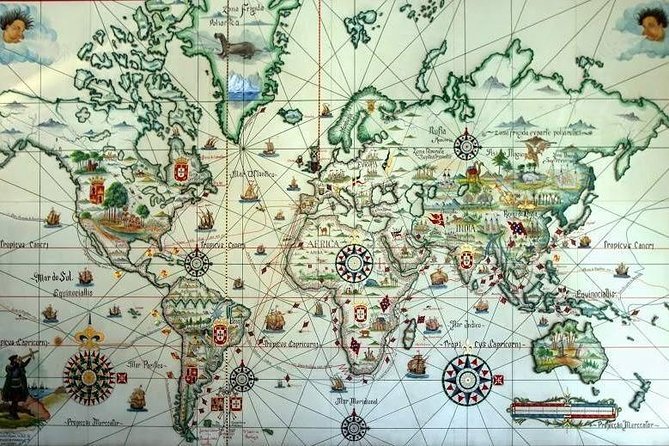
Consistently, Portugal’s colonial ambitions in the Americas focused on Brazil, a vast and resource-rich territory it claimed after the 1500 arrival of navigator Pedro Álvares Cabral.
Over the following centuries, Portugal established a firm foothold, exploiting Brazil’s natural riches and indigenous labor. The colony became a key component of the Portuguese Empire, supplying valuable commodities like sugar, tobacco, and gold.
Despite periodic uprisings, Portugal maintained control until Brazil’s independence in 1822. This lucrative outpost exemplified the economic and geopolitical importance of colonial possessions within the Portuguese imperial project, underscoring its enduring legacy in the annals of global exploration and expansion.
Trade and Commerce
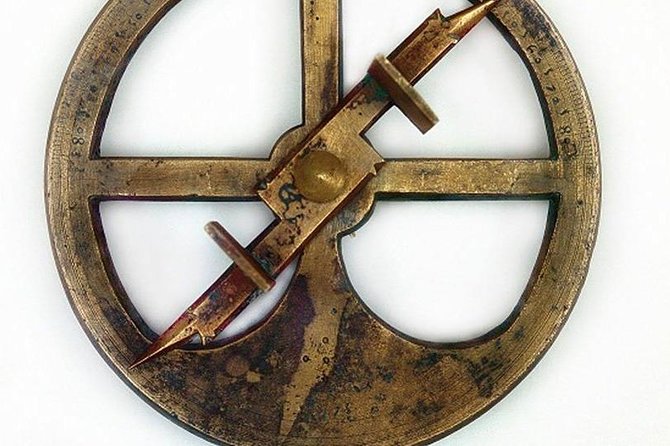
Trade and commerce formed the backbone of Portugal’s colonial empire, as the country’s merchants and navigators sought to expand their reach across the globe.
Portuguese traders established a network of trading posts and factories, facilitating the exchange of commodities like spices, textiles, and precious metals. The highly profitable trade with Asia, Africa, and Brazil generated substantial wealth for the Portuguese crown and nobility.
This commercial dominance, however, came at the expense of local populations, who were often subjected to exploitative practices and the slave trade.
The Portuguese colonial economy thus thrived on the systematic extraction and exploitation of natural resources and human labor.
Cultural Influences
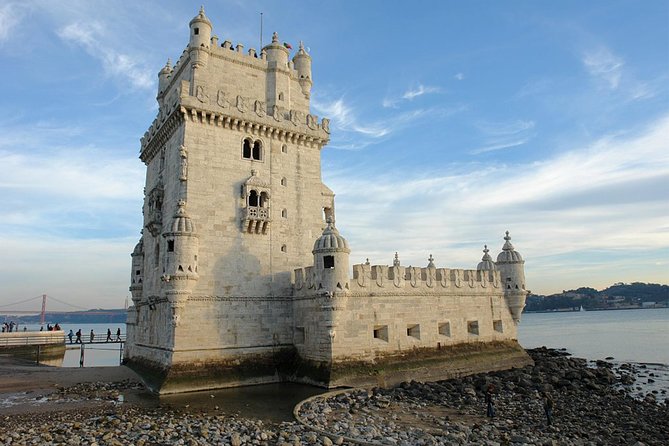
The Portuguese colonial presence left a lasting imprint on the cultures of its far-flung territories. From language and cuisine to architecture and religious traditions, the Portuguese influence can still be felt across the globe. This cultural diffusion was a two-way exchange, with Portugal also adopting elements from its colonies.
| Influence | Examples | Impact |
|---|---|---|
| Language | Portuguese Creoles | Blended local languages with Portuguese |
| Cuisine | Piri-piri Chicken | Incorporation of spices and ingredients from colonies |
| Religion | Syncretism | Melding of Catholic and indigenous belief systems |
The Portuguese colonial legacy continues to shape the cultural tapestry of nations, reflecting the complex and intertwined histories of empire and globalization.
- Lisbon City Center Tour – The Unmissable Lisbon
- Sintra and Cascais Small-Group Day Trip From Lisbon
- Best of Lisbon Small-Group Guided Walking Tour
- True 4Hour/Half Day Tuk Tuk Tour of Lisbon – Local Overview
- Fatima, Nazare and Obidos Small-Group Day Trip From Lisbon
- Lisbon Small-Group Portuguese Food and Wine Tour
Decline of the Empire
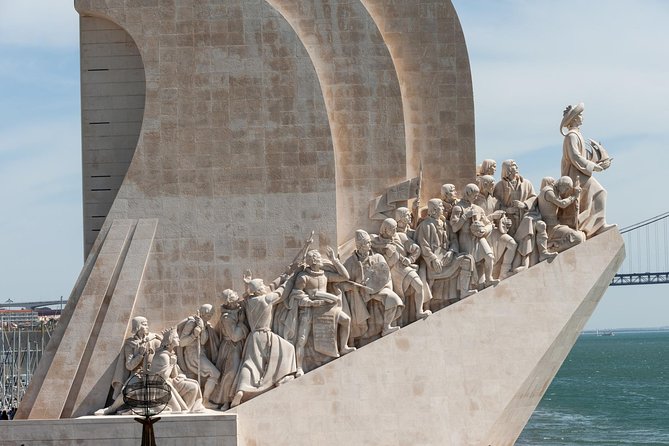
Although the Portuguese colonial empire spanned centuries and encompassed territories across the globe, its decline was gradual and inevitably shaped by a confluence of economic, political, and social factors.
The loss of Brazil, Portugal’s most valuable colony, in 1822 was a major blow. Ongoing nationalist movements, growing calls for self-determination, and the costs of maintaining an expansive empire further contributed to the empire’s unraveling.
Plus, Portugal’s economic decline and political instability in the late 19th and early 20th centuries hindered its ability to effectively govern its colonies.
Legacy and Impact
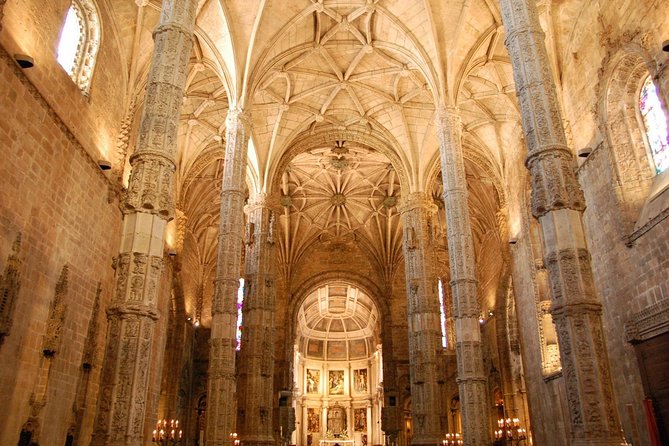
The Portuguese colonial empire’s legacy and impact continue to shape global dynamics, even as its formal rule over overseas territories came to an end.
Its language and cultural influence remain prominent in many former colonies, particularly in Brazil and parts of Africa.
The empire’s economic and political legacies are also significant, with Portugal’s former colonies often maintaining close ties.
Plus, the colonial era has left a complex social and demographic legacy, with diverse populations and ongoing discussions around identity, race, and historical reckoning.
While the empire’s collapse signaled the end of an era, its multifaceted legacy continues to shape global affairs and local experiences in the former colonies and beyond.
Since You Asked
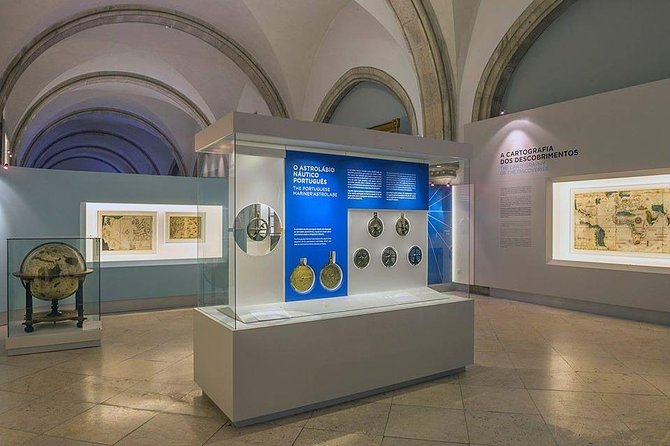
What Were the Key Factors That Led to the Formation of the Portuguese Empire?
The Portuguese engaged in maritime exploration, established trading posts, and conquered territories, driven by a desire for economic gain, religious conversion, and national prestige, which led to the formation of the Portuguese Empire over several centuries.
How Did the Portuguese Manage to Establish Trading Posts and Colonies Across the Globe?
The Portuguese leveraged their naval expertise, trading relationships, and military strength to establish a network of trading posts and colonies across the globe, enabling them to control key maritime trade routes and commercial activities.
What Were the Main Economic Activities and Commodities Involved in the Portuguese Trade Networks?
The main economic activities in Portuguese trade networks included the exchange of commodities like spices, textiles, sugar, and precious metals. They established a global trading empire by leveraging naval power and establishing trading posts across the Indian Ocean and beyond.
How Did the Portuguese Influence and Impact the Local Cultures and Societies They Encountered?
The Portuguese significantly influenced local cultures, integrating their language, religion, and customs. However, their presence often disrupted existing social structures and power dynamics, leading to conflict and exploitation of native populations.
What Were the Primary Reasons for the Eventual Decline and End of the Portuguese Colonial Empire?
The Portuguese colonial empire declined due to growing nationalist movements, economic challenges, and international pressure for decolonization. Its eventual end was largely driven by the inability to maintain control over its far-flung territories.
The Final Verdict
The Portuguese colonial empire left an enduring impact. It introduced the Portuguese language and cultural practices across vast regions. However, its exploitative foundations and decline highlighted the complexities of colonial legacies. Today, the former colonies maintain distinct identities while grappling with the empire’s economic and social consequences. The Portuguese empire’s story illustrates the profound and lasting influence of colonial-era interactions on the modern world.
More Tour Reviews in Lisbon
Not for you? Here's more things to do in Lisbon we have recnetly reviewed
- 8 Best Canoe And Kayak Experiences In Lisbon
- 2 Best Craft Beer Tours And Tastings In Lisbon
- 12 Best 2 Day Tours In Lisbon
- 9 Best 3 Day Tours In Lisbon
- 25 Best Cruises And Boat Tours In Lisbon
- 16 Best Canoe And Kayak Experiences In Lisbon
- 6 Best Christmas Experiences In Lisbon
- 25 Best Dining Experiences In Lisbon
- 20 Best Full-Day Tours In Lisbon
- 11 Best Helicopter Flights And Tours In Lisbon
- 3 Best 4 Day Tours In Lisbon
- 14 Best Massage And Relaxation Services In Lisbon
